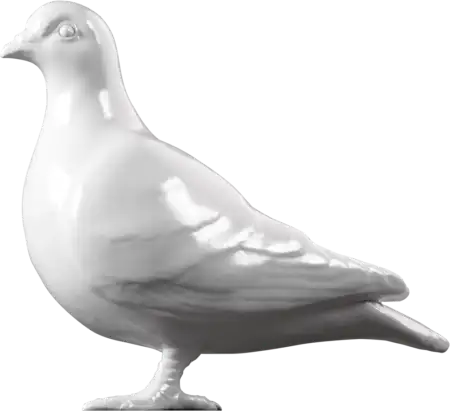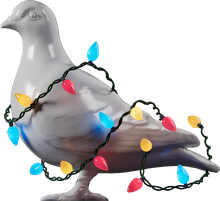Archaeology — Late Medieval; late 14th century
Shoe
Pointed medieval shoe known as a 'poulaine'. Only the upper has survived, probably made from calf leather. It has a latchet fastening to the side (a leather strap split into two at the end, which goes through a pair of holes). The two ends of the strap could either be tied together once they went through their holes, or individually knotted to act like toggles. On this shoe the strap is missing and only the holes remain. The decoration of this shoe is divided by suede bands into rectangular panels of lattice-work. Such decorated and pointed shoes would only have been afforded by the wealthy fashion-conscious sections of society. The site of Baynards Castle where this shoe was found was close to the Royal Wardrobe so some of the shoes uncovered there may have royal connections. Shoes with long points had to be stuffed with moss or hair to keep their shape. Some of these shoe points reached over 100 mm in length. At the time, poulaines were condemned by some clergymen as 'claws of devils' and were the subject of many jokes due to their extreme appearance.
The side-lachet shoes found on London excavations are usually in the largest adult sizes, indicating that they are likely to have been worn by men. These also tend to have the longest points and some of the finest decoration.
For more information see, Grew, F. & de Neergaard, M. (1988, reprinted 2006), Shoes and Pattens, pg. 33-35, 83-85; figs. 48, 51 and 119a.
- Category:
- Archaeology
- Object ID:
- BC72[79]<2496>
- Object name:
- shoe
- Object type:
- Artist/Maker:
- —
- Related people:
- Related events:
- Related places:
- Production date:
- Late Medieval; late 14th century
- Material:
leather
- Measurements/duration:
- L 315 mm, W 72 mm, H 72 mm (overall)
- Part of:
- —
- On display:
- —
- Record quality:
- 100%
- Part of this object:
- —
- Owner Status & Credit:
Archaeological archive
- Copyright holder:
digital image © London Museum
- Image credit:
- —
- Creative commons usage:
- —
- License this image:
To license this image for commercial use, please contact the London Museum Picture Library.

